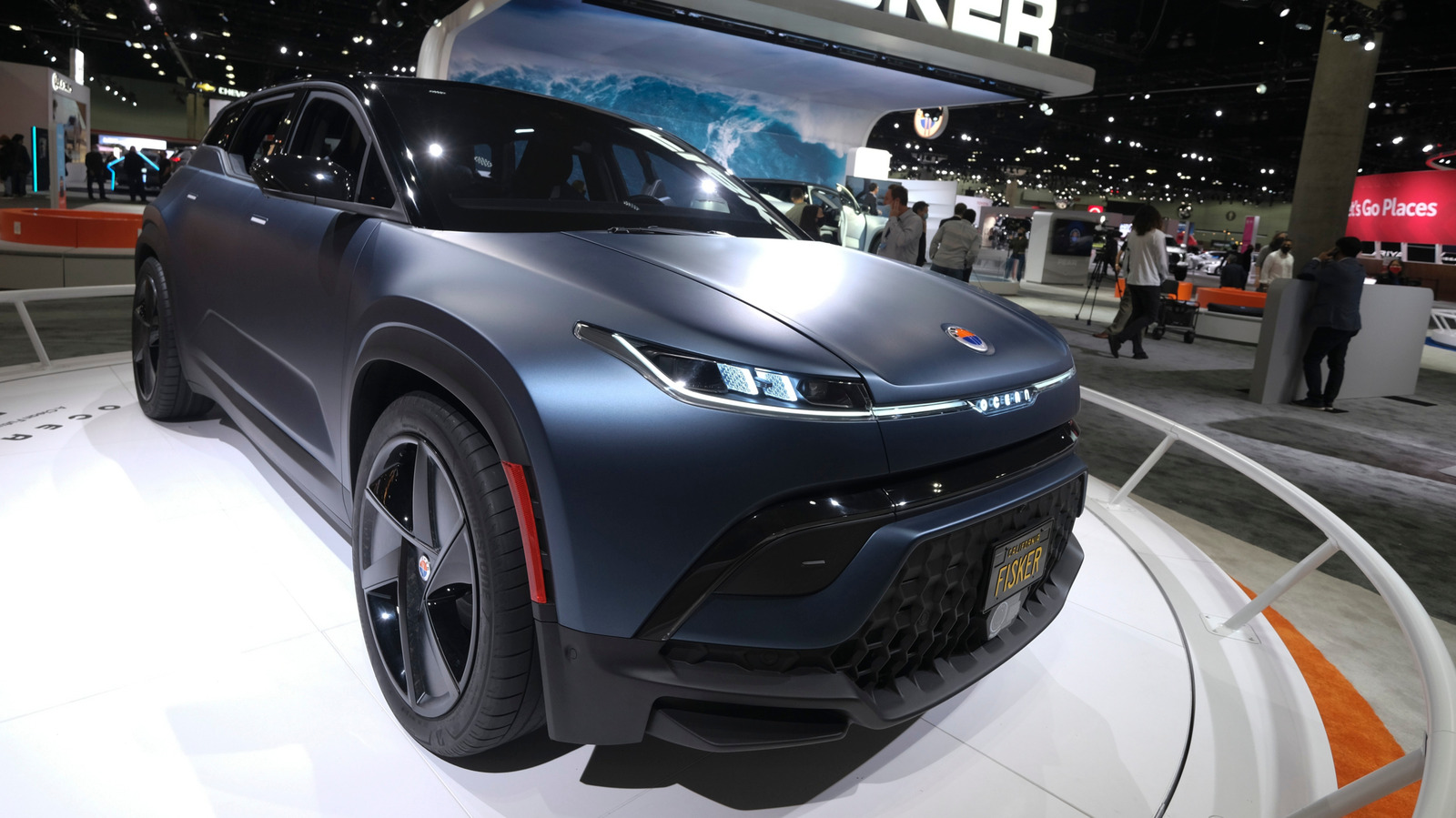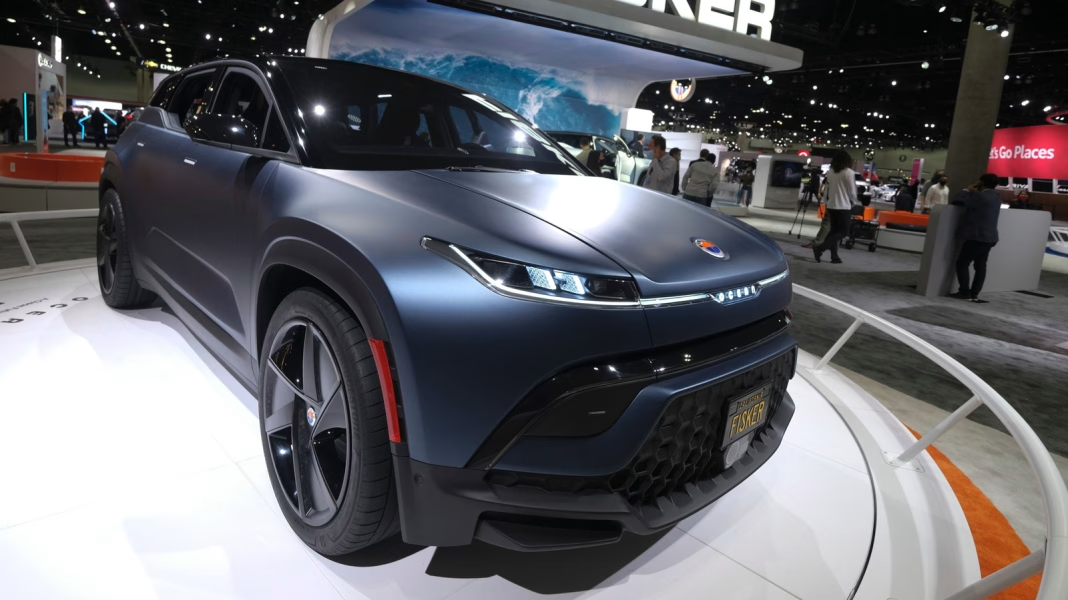Imagine investing nearly $70,000 in a brand-new electric crossover, only to find yourself selling it less than two years later for a mere $10,000. Sounds unbelievable, right? Yet, this is the harsh reality faced by some owners of the Fisker Ocean, a vehicle that promised a lot but ultimately delivered a disappointing experience for many.
Why Did the Value Plummet So Drastically?
When you think about it, a car losing value is a common scenario. Depreciation is a part of vehicle ownership, but the drop in value for the Fisker Ocean is particularly striking. Several factors contribute to this steep decline. First, the electric vehicle (EV) market is rapidly evolving. With new models hitting the market frequently, older models can quickly become outdated. The Fisker Ocean, despite its initial allure, faced stiff competition from more established brands that offered better performance, reliability, and features.
Additionally, the Fisker brand itself has had a rocky history. Known for its ambitious designs and eco-friendly promises, it struggled with production delays and quality control issues. This left many potential buyers skeptical, impacting resale values. When a car is perceived as unreliable or underperforming, it’s no surprise that its market value takes a hit.
What Does This Mean for Future EV Buyers?
For those considering jumping into the EV market, this situation serves as a cautionary tale. It’s essential to do thorough research before making a significant investment. Look beyond the initial excitement of a new model and consider factors like brand reputation, customer reviews, and long-term reliability. The EV landscape is changing rapidly, and while some vehicles may seem appealing at first glance, their long-term viability can be questionable.
Another aspect to consider is the importance of warranty and service. A robust warranty can provide peace of mind, especially for new technologies that may still be ironed out. Brands that offer comprehensive service plans can help mitigate some of the risks associated with owning a new vehicle, particularly in the evolving EV sector.
Real-World Implications of Rapid Depreciation
The steep depreciation of the Fisker Ocean isn’t just a financial concern for individual owners; it has broader implications for the EV market as a whole. When a vehicle loses value so quickly, it can deter potential buyers from entering the market. If consumers feel that they might lose a significant portion of their investment shortly after purchase, they may hesitate to make the leap into electric vehicles altogether.
Moreover, this situation can affect the perception of EVs in general. If a high-profile model like the Fisker Ocean fails to live up to expectations, it can create a ripple effect, leading to skepticism about other electric vehicles. This skepticism can hinder the growth of the EV market, which is crucial for achieving broader environmental goals.
Finding Value in the EV Market
So, what can you do if you’re considering an electric vehicle? Start by exploring models with a proven track record. Brands like Tesla, Ford, and Hyundai have established themselves in the EV space and often receive positive reviews for their performance and reliability. Additionally, consider the total cost of ownership, including maintenance, insurance, and charging costs.
Look for vehicles that offer incentives, such as tax credits or rebates, which can help offset the initial purchase price. And don’t forget to factor in the resale value—some models hold their value better than others, which can make a significant difference when it’s time to sell or trade in.
The big takeaway? Investing in an electric vehicle isn’t about perfection—it’s about making smarter adjustments. Start with one change this week, whether it’s researching a different model or visiting a dealership for a test drive, and you’ll likely spot the difference by month’s end.


